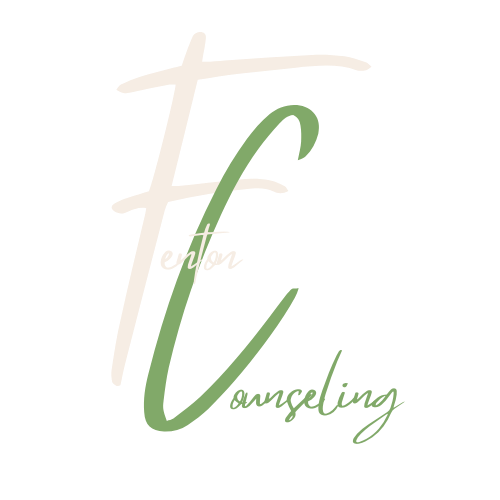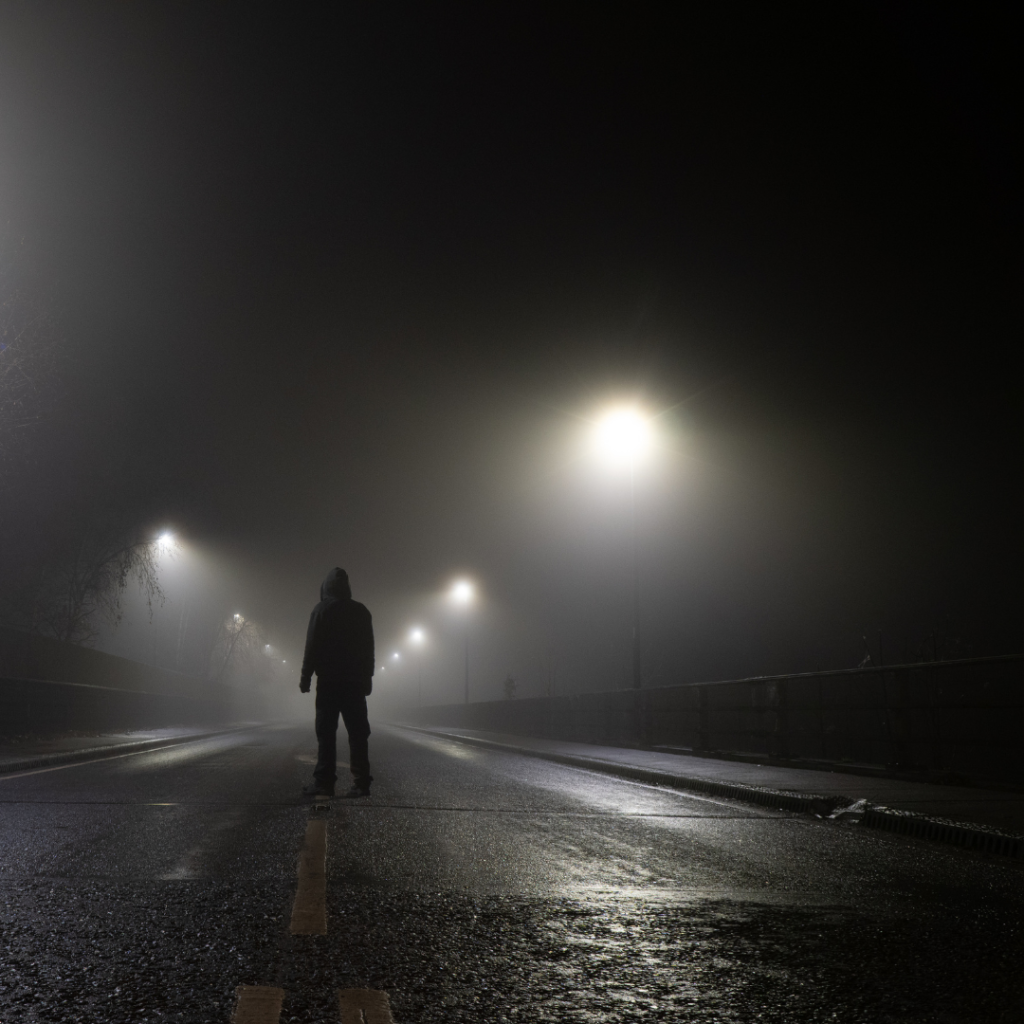Before getting into recovery, when I thought of someone with an addiction, I pictured someone drinking out of a brown paper sack under a bridge. I thought of someone passed out on the sidewalk with a needle sticking out of their forearm. I imagined drug deals happening in dark alleys in the dead of night between two hooded guys. I assumed someone with an addiction was someone who chose to give up on their life, their family, their hopes, and themselves. They didn’t care enough or want badly enough to get sober.
I thought they simply made a bad choice, or even that they were just a bad person.
What I have learned, though, is my perception of addiction couldn’t be further from the truth. No one – and I mean no one – chooses to be addicted to a substance, to alcohol, to pornography or sex, to gambling, or to any other compulsive, destructive behavior. Research has shown time and time again that addiction is not a choice; it’s a physical, observable disease. There’s been some movement in recent years to even classify addiction as a TBI, or traumatic brain injury. Addiction physically changes how our brains function and rewire it’s actual structure by impacting its reward system. When we use drugs, have sex, drink alcohol, eat a slice of pie, or other behaviors our brain releases a flood of our “feel good” chemical called dopamine. The brain begins to rely on this surge and cuts back on its normal dopamine production. Things that once brought us pleasure – that pie, spending time with friends and family, trips to Home Depot with our spouse, and even the drugs themselves – simply don’t anymore. It takes more and more just to feel some semblance of normal, let alone feeling good.
Once this happens, the addiction begins to impact our behavior because it changes the area of the brain responsible for judgment, decision making, learning, memory, and controlling behavior. This can lead to any number of bad decisions, all in the name of chasing a feeling of normalcy. This change in brain function impacts our willpower, too. When we try to quit, our brains tell us that we need to be protected from the withdrawal symptoms and negative emotions that come with sobriety. Our brain tells us that we will never feel at peace again unless we use or drink again. And so we do, killing ourselves in the process. It’s not a matter of willpower in our minds. It’s a matter of survival. It’s a matter of our brain disease telling us we don’t have a disease. This in no way excuses the behaviors or poor decision of those suffering from addiction, but it can help explain it.
Addiction is a chronic disease of the brain, no different than diabetes is a chronic disease of the pancreas and heart disease is one of the heart. It’s not a moral failing. It doesn’t make the addict a bad person. It’s not a matter of willpower. It is a disease of the brain that, like any disease, requires lifelong, daily maintenance. It cannot presently be cured, but it can be managed. While addiction is not a choice, seeking treatment and help to manage its symptoms is. Often that choice involves therapy, residential treatment, 12-step work, and rebuilding our spiritual health. Recovery can be challenging, but the disease of addiction is one that can be beaten with the right things in place.


Leave a comment